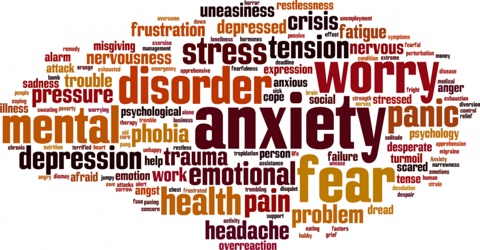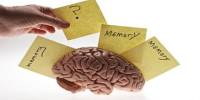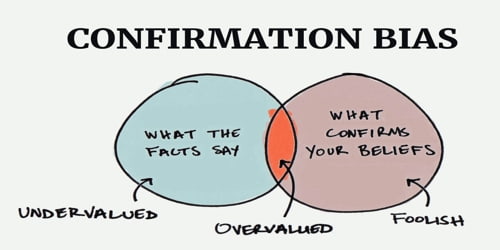About Anxiety
Definition
Anxiety is a state of apprehension and fear resulting from the anticipation of a threatening event or situation. It’s the sense of uneasiness, distress, or dread we feel before a significant event. It is often accompanied by muscular tension, restlessness, fatigue and problems in concentration. Anxiety can be appropriate, but when experienced regularly the individual may suffer from an anxiety disorder.

Anxiety is not the same as fear, which is a response to a real or perceived immediate threat, whereas anxiety is the expectation of future threat. It is a feeling of uneasiness and worry, usually generalized and unfocused as an overreaction to a situation that is only subjectively seen as menacing.
Anxiety disorders keep people from sleeping, concentrating, talking to others, or even leaving their home. Anxiety that may need treatment is often irrational, overwhelming, and disproportionate to the situation. It makes sufferers feel as though they have no control of their feelings, and it can involve serious physical symptoms like headaches, nausea, or trembling. When normal anxiety becomes irrational and begins to recur and interfere with daily life, it’s classified as a disorder.
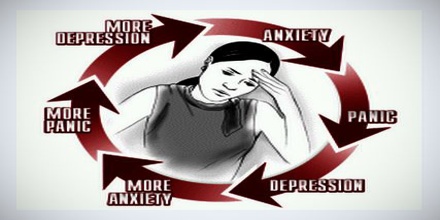
Causes and Symptoms of Anxiety
Anxiety turns into a disorder, a term used to describe when a behavior causes a disruption to normal functioning, when worry and the anxiety it creates interfere with a normal lifestyle. It’s also important to remember that anxiety is not the result of weakness or personal fault. There is rarely one concrete cause of an Anxiety Disorder – disorders develop from the conjunction of factors like brain chemistry, genetics, environmental contributors, upbringing, and life events. The following factors can put someone at a higher risk of developing an Anxiety Disorder:
- Chemical imbalances
- Long-lasting stress
- Family history of anxiety or other mental health issues
- Trauma
- Abuse of biological agents such as alcohol, drugs, or prescription medication
- Incidence of other mental health disorders
- Side effects of certain medications
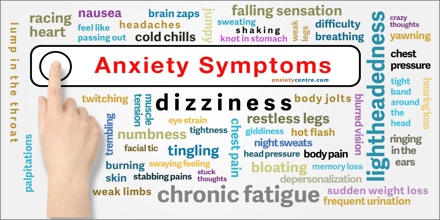
The physiological symptoms of anxiety may include:
- Neurological, as headache, paresthesias, vertigo, or presyncope.
- Digestive, as abdominal pain, nausea, diarrhea, indigestion, dry mouth, or bolus.
- Respiratory, as shortness of breath or sighing breathing.
- Cardiac, as palpitations, tachycardia, or chest pain.
- Muscular, as fatigue, tremors, or tetany.
- Cutaneous, as perspiration, or itchy skin.
- Uro-genital, as frequent urination, urinary urgency, dyspareunia, or impotence.
Types of Anxiety Disorders
Anxiety disorder is an umbrella term that includes different conditions:
Panic disorder. Peopleu feel terror that strikes at random. During a panic attack, they may also sweat, have chest pain, and feel palpitations (unusually strong or irregular heartbeats). Sometimes people may feel like they are choking or having a heart attack.
Social anxiety disorder. Also called social phobia, this is when people feel overwhelming worry and self-consciousness about everyday social situations. People fixate about others judging them or on being embarrassed or ridiculed.
Specific phobias. Peopleou feel intense fear of a specific object or situation, such as heights or flying. The fear goes beyond what’s appropriate and may cause them to avoid ordinary situations.
Generalized anxiety disorder. Peopleu feel excessive, unrealistic worry and tension with little or no reason.
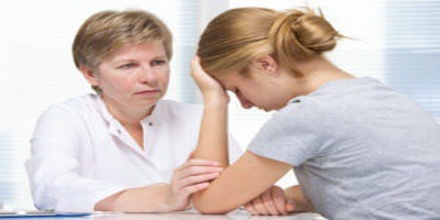
Treatment of Anxiety
Anxiety disorders are treatable – the vast majority of those suffering with an Anxiety Disorder recovers and resumes normal life with professional care. There are a variety of options for treating anxiety, both standard procedures like therapy and medication, and clinically affirmed alternative treatments like yoga or meditation.
Many antidepressants can work for anxiety disorders. They include escitalopram (Lexapro) and fluoxetine (Prozac). Certain anticonvulsant medicines (typically taken for epilepsy) and low-dose antipsychotic drugs can be added to help make other treatments work better. Anxiolytics are also drugs that help lower anxiety. Psychotherapy is a type of counseling that addresses the emotional response to mental illness.
Reference: anxiety.org, webmd.com, dictionary.com, wikipedia.
